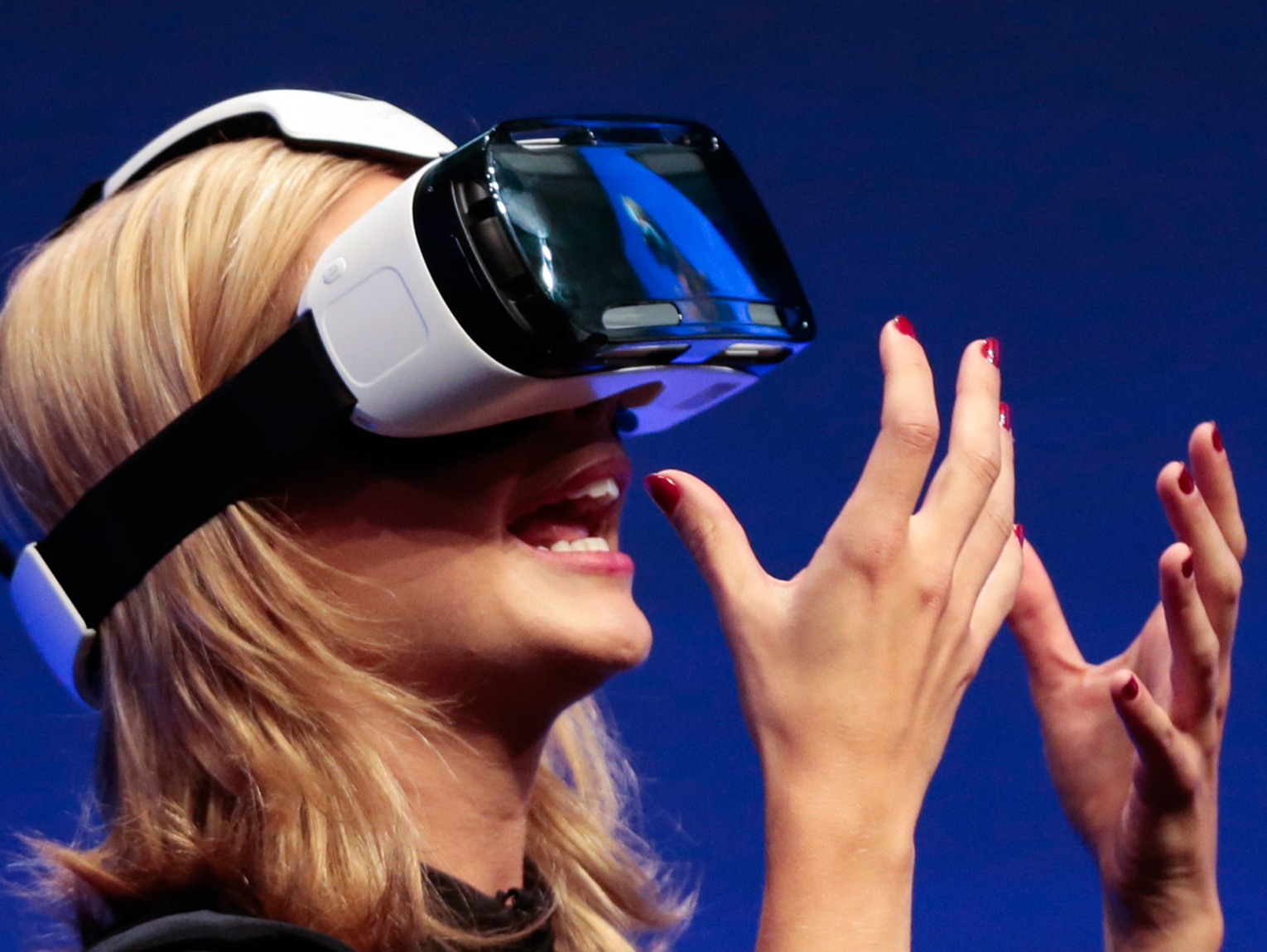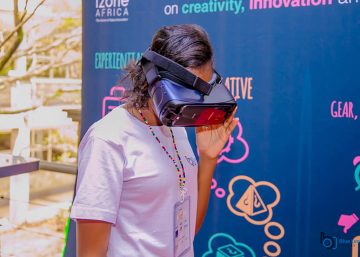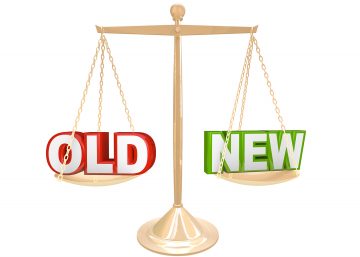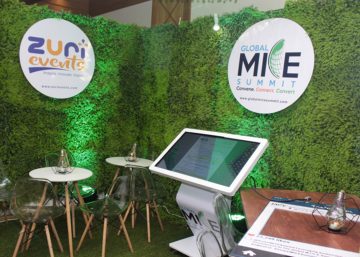It’s immersive, it’s exciting and it’s almost 100 percent real. Virtual reality is the next big thing for interactive marketing in Africa and iZone Africa is keen on pushing the technology to its ultimate potential.
Locally, Samsung has already set the stage by introducing Gear VR into the retail market. At less than 300 dollars one can get a glimpse of what it feels to be immersed in a 3D virtual environment. Yet the content needed for VR to become a mainstream trend remains largely scarce. This creates a fantastic opportunity for the business world to embrace it as a fresh and unique marketing tool that can not only capture consumer attention but reward them with an experience that genuinely presents a brand for what it is.
Oculus maintains its position as the most popular and trusted VR company in the interactive marketing industry. Having started out in 2012, the company has had the opportunity to revise early prototypes of their VR gear to more advanced version that provide sharper visions and better dynamism in terms of user movement. Oculus’s primary VR brand the Oculus Rift has been made with rotational an position tracking making it work seamlessly with the movement of the user of the technology.
After announcing that a consumer version of the Oculus Rift will be available in the first quarter of 2016, interactive marketing expert agree that this will open the door to a widespread use of VR by brands in content marketing.

RELATED POSTS
May 10, 2019|BY izoneadminTechnological Trends in the MICE Industry
Technology is revolutionizing the experience event managers can offer to the consumer each and every...
May 8, 2019|BY izoneadminMarketing & Tech Disruption in the MICE Industry
The MICE industry has also not been spared by the age disruption where old age-established...
May 6, 2019|BY izoneadminThe Importance of Experiential Marketing in the MICE industry.
Did you know that… 74% of people who engage with branded marketing experiences are more...
Search
CATEGORIES
- Blog Cafe 6
- News 3
- Newsletter 3
Popular Post
 Using Custom Apps to Engage…July 29, 2015
Using Custom Apps to Engage…July 29, 2015 Are Oculus and Gear VR…January 11, 2018
Are Oculus and Gear VR…January 11, 2018 How We Coloured the World…January 11, 2018
How We Coloured the World…January 11, 2018 izone AFRICA AT THE BARCLAYS…April 4, 2018
izone AFRICA AT THE BARCLAYS…April 4, 2018
ARCHIVE
- August 2022 1
- July 2022 2
- May 2019 3
- September 2018 1
- August 2018 1
- April 2018 1
- January 2018 2
- July 2015 1
Follow Us @ Instagram


